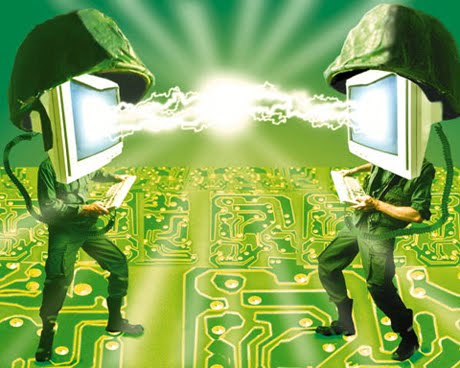
It would be fair to say that Liberal ideals, socialist principles and capitalist interests have to live side by side in this world, and all have a place in keeping a workable balance in society. Any internet phenomenon is a part of that society, so will reflect elements of all ideologies and human activities. But should Viagra and activism share a place in my Twitter feed?
 Wide access to mobile technology and the internet undoubtedly played a role in facilitating the democratic revolutions of ‘the Arab spring’. Oppressive regimes around the world are now even more scared of the empowering nature of an open and social internet, and realise that to preserve the political status quo they must limit people’s ability to network, organise, conduct free research and even educate themselves.
Wide access to mobile technology and the internet undoubtedly played a role in facilitating the democratic revolutions of ‘the Arab spring’. Oppressive regimes around the world are now even more scared of the empowering nature of an open and social internet, and realise that to preserve the political status quo they must limit people’s ability to network, organise, conduct free research and even educate themselves.
This agenda of oppression ties in with other social phenomena. Consider the repressed female populations of hard-line right-wing Islamic nations. In many places a woman cannot drive a car, cannot touch or even speak privately with men other than her husband, may be legally raped within marriage, or even stoned to death or burned alive for transgressions with no right to legal process.
These same oppressed women can find ways to access the internet, read the same resources as you and I, and have western female role models in positions of authority and influence. They can teach themselves to read, write, study the subjects of their choice and even build successful careers online. All these internet-based activities are anathema to extremist societies, often illegal, and threaten the male-dominated establishments which perpetuate hardship and exclusion for women.
The problem for the likes of Iran, Bahrain, Syria etc is that when oppressed people are educated and allowed to communicate, many become activists. It was these new online networks of activists that had the means to instigate and co-ordinate the Middle Eastern uprisings of early 2011, and crucially – to inform the world what was actually happening on the streets. This citizen journalism often stands in stark contrast to both official propaganda and the foreign media’s chosen headlines.
In light of the possibility and real-world examples of positive social change, should we allow internet marketing to reduce our social connections to nothing more than votes for products and commercial advertising opportunities?
It is a complex question, and one that I suspect has many answers. Consider that the same oppressed humans who can now communicate, grow and learn with the internet, may have also discovered their first means of earning their own money thanks to the internet.
Those same Twitter and facebook users updating the world on what is really happening on the street in Bahrain, may also be the people trying to make us click through to sites selling cheap shoes, Viagra or perfume. With the profits maybe they can buy smartphones to tweet about revolution – perhaps food, books to study, or even pay for an education.
Although one type of internet activity appears to be commercial and spammy in nature, while others are noble and idealistic – both can be empowering.
Gez Hebburn is a writer, blogger and musician based in south-east England.
Gez is currently working on a project to raise awareness of the UK goverment’s plans to dismantle the legal aid system, which will ensure that justice is the preserve of the rich, even in the case of personal injuries. Anyone else seeking legal representation will be forced to turn to no win no fee solicitors, who in an un-regulated market will be free to charge as much as they like. Justice for all?










Comments